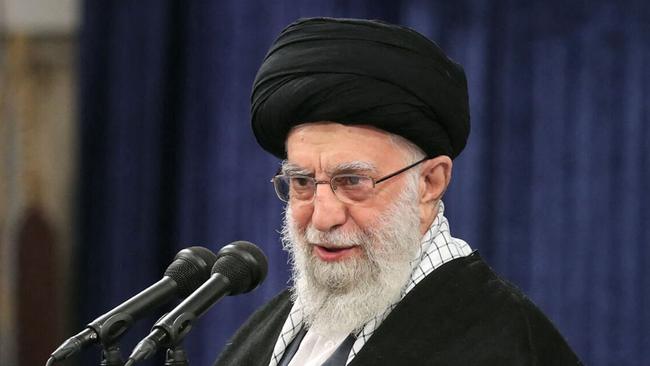
It is time for Australia to begin laying the groundwork to follow suit and list the IRGC in its entirety under the Criminal Code as a terrorist group. Dozens of submissions last year to the Senate Foreign Affairs, Defence and Trade References Committee inquiry into the human rights implications of recent violence in Iran advocated this step, which would have symbolic and practical importance for Australian foreign policy and moral standing.
In the first place, the group fulfils all legislative and non-legislative criteria for listing. For a group to be listed under division 102 of the Criminal Code, it must be “directly or indirectly engaged in, preparing, planning, assisting in or fostering the doing of a terrorist act; or advocates the doing of a terrorist act”.
In terms of the key non-legislative factors considered under division 102, the IRGC checks every box, particularly in terms of its historical activity and ideology and its intimate operational links to other terrorist groups listed by Australia, including Hamas, Palestinian Islamic Jihad and al-Qa’ida.
The IRGC directly and indirectly, via Hezbollah, has demonstrable links to Australia and undertakes numerous actions threatening Australian interests – from proliferation of weapons of mass destruction, terrorism, piracy and hostage-taking to human rights, cyber security, attacking maritime shipping and participation in the invasion of Ukraine by providing Russia with weapons and advisers.
The IRGC also reportedly has been undertaking surveillance and threatening regime opponents inside Australia. Given the group’s history of attempting to kidnap or kill dissidents and regime enemies in the US, Europe and elsewhere, and sometimes succeeding, we should be worried about similar operations on Australian soil.
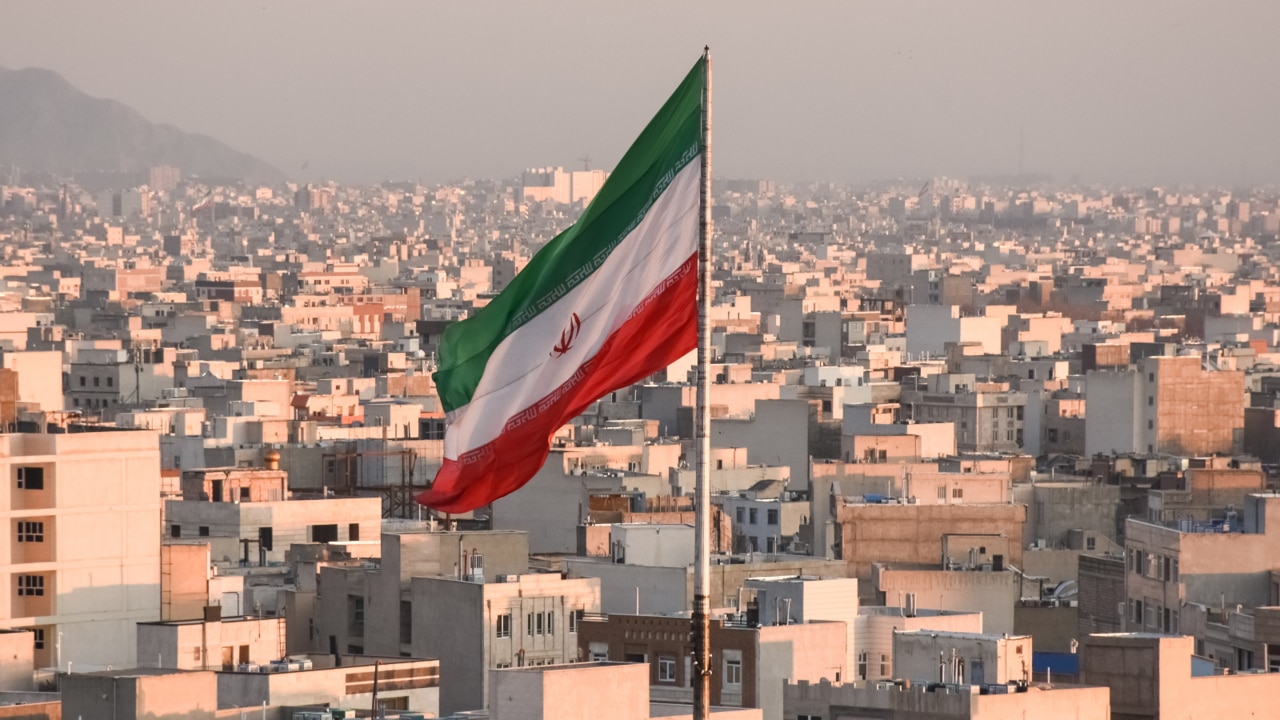
The only legal objection to listing the IRGC is that current legislation apparently does not allow Australia to list state entities under the Criminal Code. If this is truly the primary obstacle, then parliament should introduce amendments to the legislation.
However, such a step is almost certainly unnecessary because the IRGC is not a state entity. While subordinated on paper to Iran’s Ministry of Defence and Armed Forces Logistics, in reality it answers to none of Iran’s ministers and obeys only Iran’s supreme leader, and it is funded largely outside the Iranian state budget.
It is a supranational force meant to protect and export the Islamic revolution of 1979. Article 150 of the Islamic Republic’s constitution reads: “The Islamic Revolution(ary) Guards Corps … is to be maintained so that it may continue in its role of guarding the revolution”, not Iran. Its indoctrination materials refer to members as transnational mujaheddin, warriors of God, waging a violent jihad to expand the borderless realm and divine mandate of the al-wali al-faqih, Iran’s supreme leader.
The IRGC does not think in terms of ethnicity, nationality or borders. In fact, it virulently rejects such concepts and is driven solely by Islamic manifest destiny. There is only land controlled by Islam and land not controlled by Islam. Iran is entirely incidental to this ideology except as a springboard for this jihad.
Listing the IRGC under the Criminal Code would send an important symbolic message to anti-regime Iranians as well as our allies, demonstrating that Australia will no longer lag in condemning or sanctioning the IRGC, as it has to date. It also would have a practical impact, restricting and punishing the IRGC in co-ordination with allies and partners around the world.
It is highly likely that once Britain gets the ball rolling on listing, Germany and the rest of Europe, as well as Canada, will follow suit. There is no need or justification for Australia to be the odd one out.
And in considering Australia’s national interests and values, there is every moral, strategic and legal reason to proscribe the IRGC – the most dangerous and prolific source of terrorism in the world today.
Oved Lobel is policy analyst at the Australia/Israel & Jewish Affairs Council.


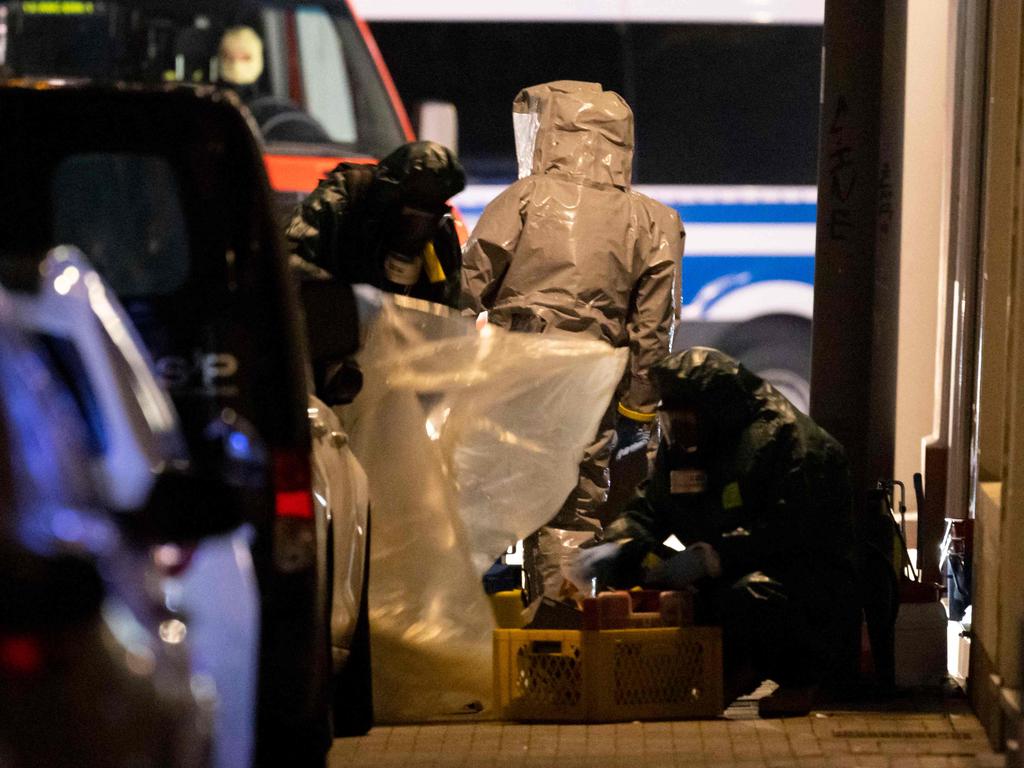
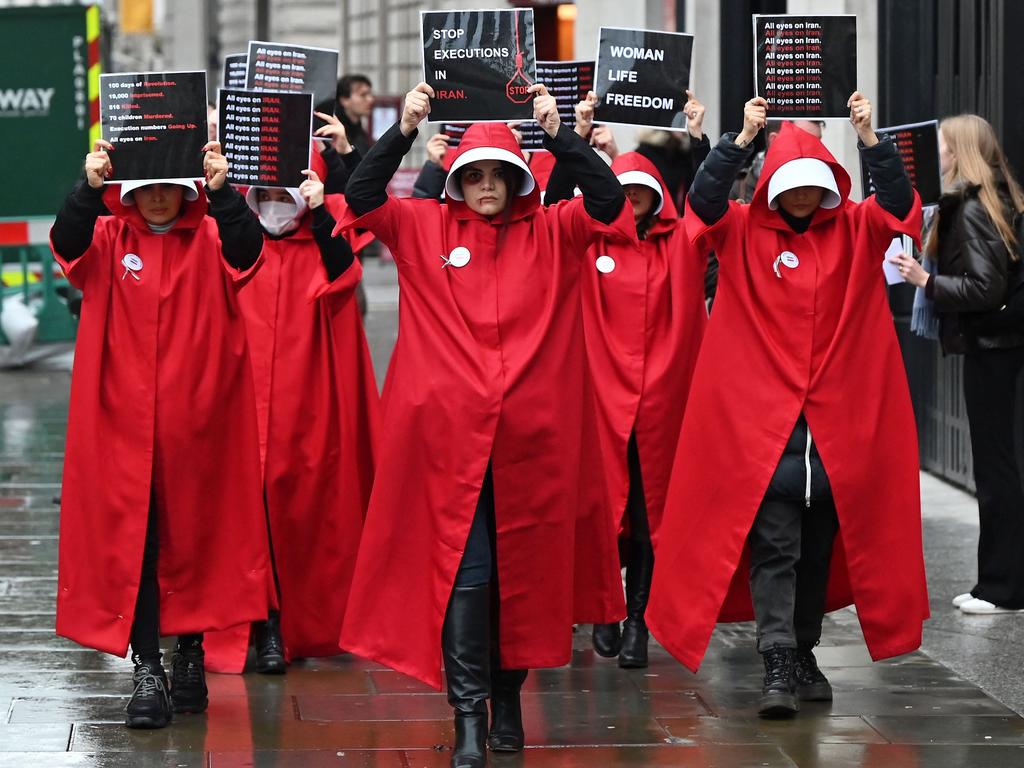
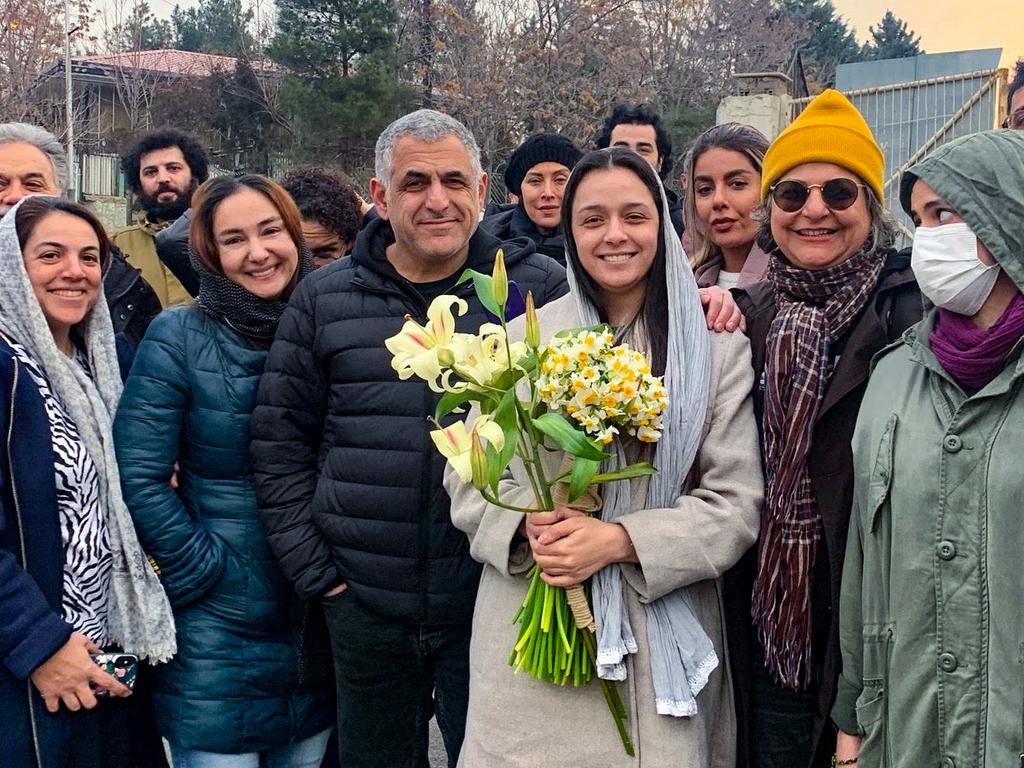
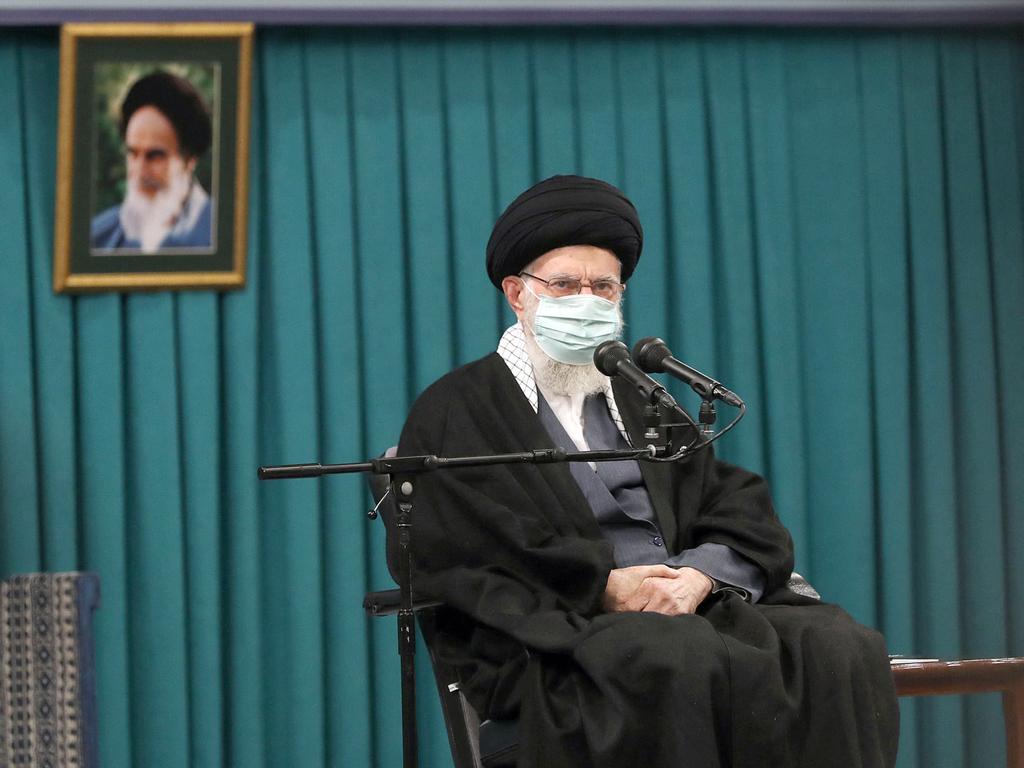


Britain reportedly is poised to join the US in designating Iran’s Islamic Revolutionary Guard Corps in its entirety as a terrorist organisation after 10 IRGC plots to assassinate or kidnap British residents last year. Germany and the EU actively are considering listing the group. Canada, although not listing the group in its entirety, has called the IRGC a terrorist group, imposed severe sanctions and listed its expeditionary arm, the Quds Force.